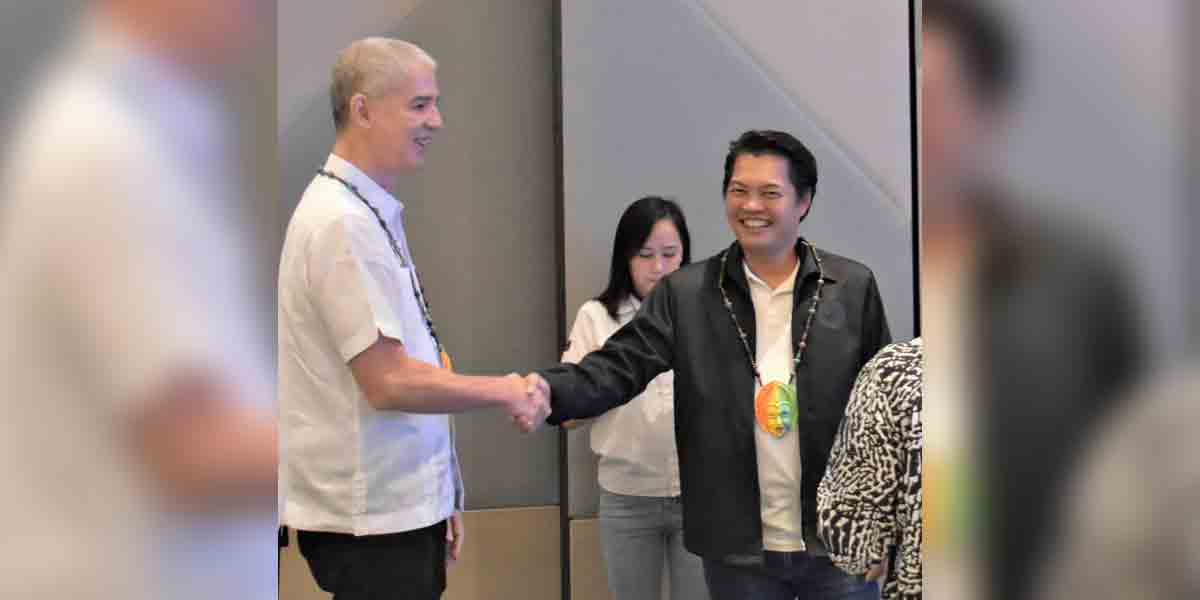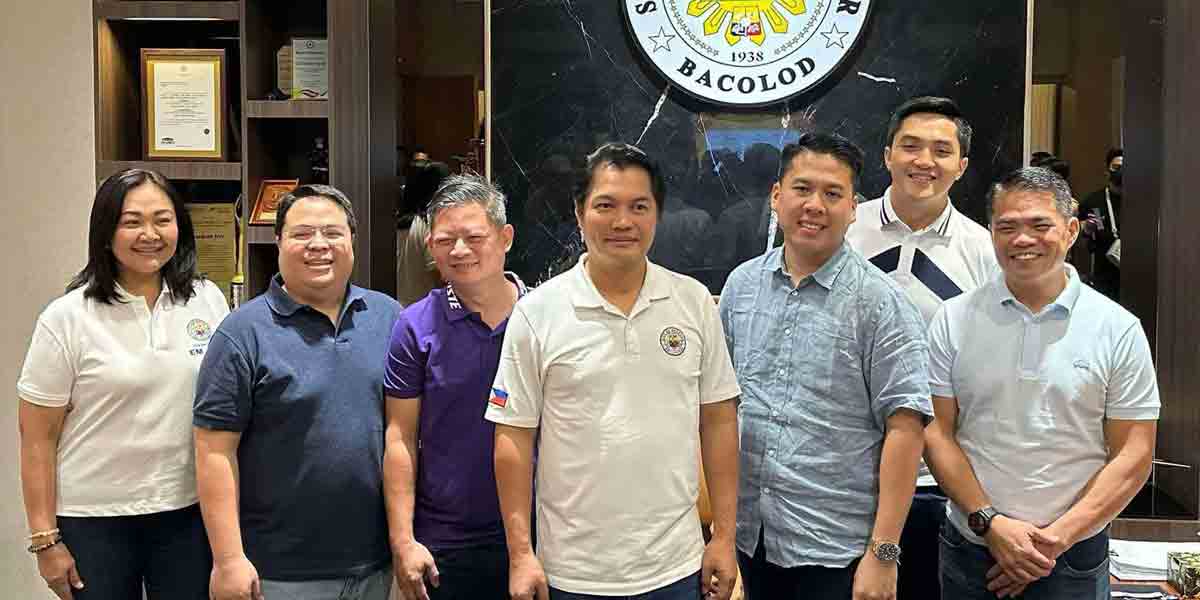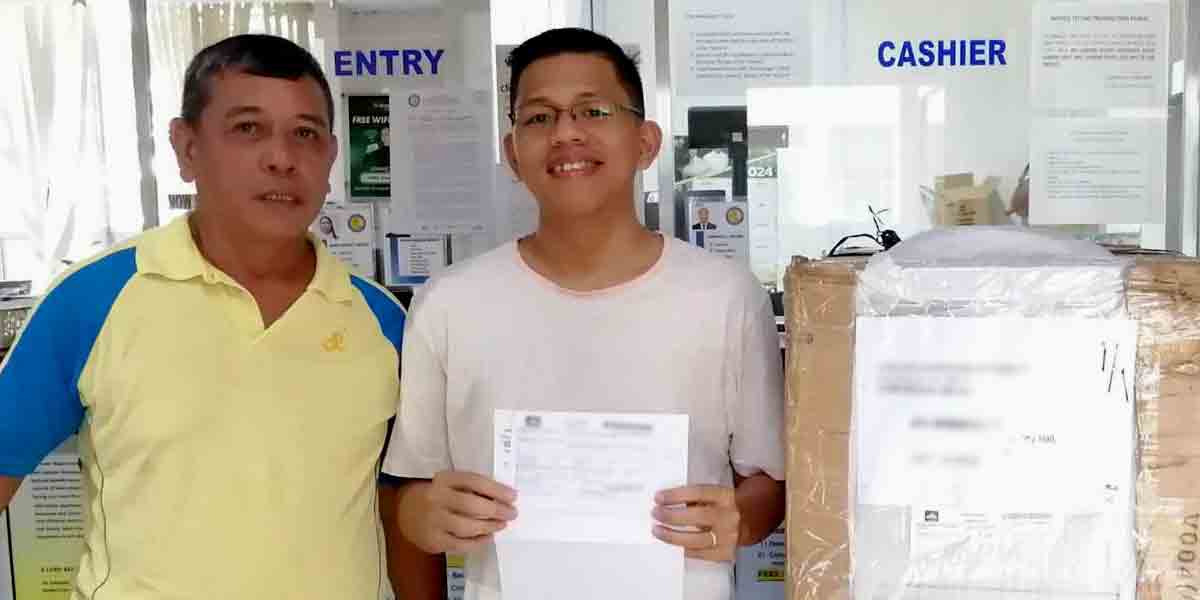The 2025 national budget’s decision to remove the PHP74 billion subsidy for the Philippine Health Insurance Corporation (PhilHealth) has sparked intense debate.
While lawmakers cite the insurer’s PHP600 billion reserve funds as justification, the decision raises critical questions about universal healthcare sustainability and the prioritization of public resources during an election year.
PhilHealth subsidies have long been a cornerstone of affordable healthcare for millions of Filipinos, especially indigents, senior citizens, and persons with disabilities. These funds ensure access to hospitalization, consultations, and essential medicines for the nation’s most vulnerable. Cutting this subsidy not only shifts the financial burden onto PhilHealth but also jeopardizes the agency’s ability to expand coverage and maintain benefit packages in the long term.
Senator Grace Poe’s assertion that PhilHealth’s reserves are underutilized reveals valid concerns about inefficiencies within the agency. However, using reserves meant for emergencies and future obligations to cover immediate healthcare needs is a dangerous precedent. Critics like Senator Risa Hontiveros argue that this move unfairly penalizes the poor and may even breach constitutional mandates to provide healthcare access.
Meanwhile, Senator Sherwin Gatchalian’s stance—that PhilHealth should exhaust its reserves before seeking further government support—highlights the need for fiscal prudence but overlooks the systemic risks involved.
On the other hand, the partial reinstatement of PHP26 billion for the Ayuda para sa Kapos ang Kita Program (AKAP) reflects a shift in legislative priorities. AKAP, which provides financial aid to low-income individuals during crises, may offer immediate relief to those struggling with inflation and economic hardship.
Yet, the timing of this reallocation cannot be ignored. With the 2025 elections looming, AKAP’s reinstatement raises concerns about potential misuse as a campaign kitty, undermining its intended purpose.
Programs like AKAP, while addressing urgent needs, must be carefully designed to avoid overlapping with existing initiatives such as the Assistance to Individuals in Crisis Situations (AICS).
Senator Imee Marcos’ call for clearer differentiation underscores the importance of efficient resource allocation. However, prioritizing short-term financial assistance over long-term healthcare investments risks perpetuating a cycle of dependency rather than empowering communities.
The removal of PhilHealth’s subsidy could lead to increased membership contributions, reduced benefit packages, or even limitations in healthcare services—all of which disproportionately affect the poor. Moreover, the reallocation of funds to direct cash aid programs like AKAP diverts resources from systemic solutions to immediate but unsustainable fixes.
To strike a balance, the government must adopt measures that safeguard universal healthcare while addressing economic challenges.
First, PhilHealth must undergo comprehensive reforms to improve fund utilization, enhance transparency, and ensure efficient service delivery. This includes better investment strategies for reserve funds to prevent losses due to inflation.
Second, the government should implement stringent oversight mechanisms for programs like AKAP to prevent misuse and ensure that funds reach their intended beneficiaries. Election-year initiatives must be insulated from political interference to maintain public trust.
Lastly, a hybrid approach that integrates long-term healthcare investments with targeted financial assistance can address immediate needs without compromising future stability. For instance, allocating a portion of AKAP funds to strengthen PhilHealth’s preventive healthcare programs can reduce reliance on expensive curative services.
While the PhilHealth subsidy cut may appear fiscally prudent, its broader implications on healthcare access and equity cannot be ignored. Balancing fiscal discipline with social responsibility is essential to ensure that no Filipino is left behind, especially in times of crisis.
Let’s not trade long-term solutions for short-term political gains—the health of the nation depends on it.




















